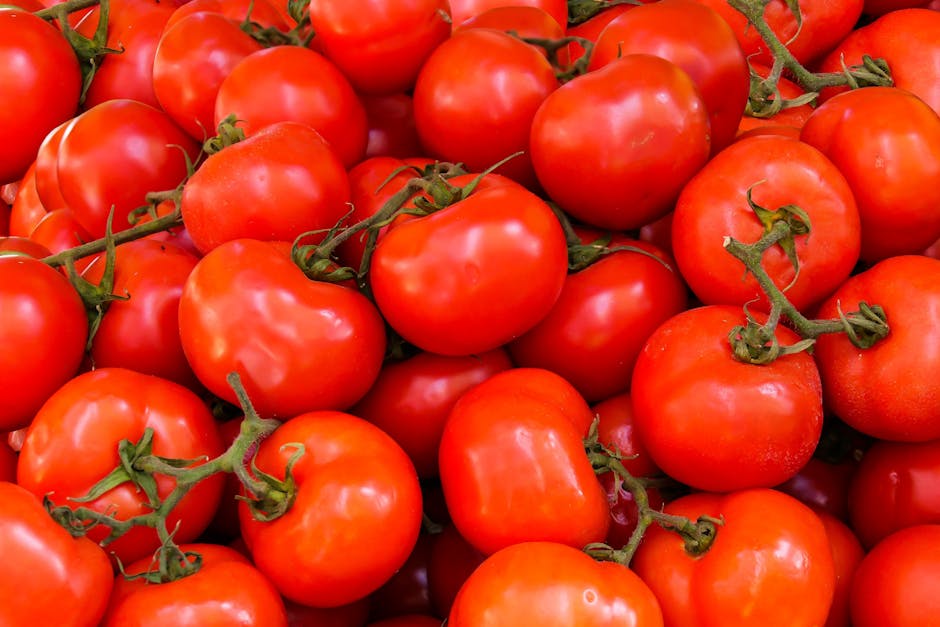
The Great Tomato Debate: Unveiling the Pros and Cons
Discover the Hidden Benefits and Drawbacks of This Popular Fruit
Tomatoes are one of the most popular and versatile fruits consumed worldwide. Whether in salads, sauces, or as standalone snacks, they not only add flavor but also boast a rich nutritional profile. Often celebrated as healthy additions to our diets, tomatoes come with a unique set of pros and cons. From their role in heart health to issues regarding acidity and allergies, the great tomato debate continues to pique the interest of both health enthusiasts and food lovers alike. In this article, we will delve into the myriad benefits and potential downsides of including tomatoes in your diet.
In grocery stores and farmers' markets, tomatoes can be found in a broad spectrum of varieties and colors. Each type offers specific taste and texture, catering to various culinary preferences and uses. While many appreciate their tangy flavor and bright color, they also harbor some associated health concerns and environmental impacts. Understanding these complexities will empower consumers to make informed decisions about incorporating tomatoes into their meals. Let’s dig deeper into both the advantages and the disadvantages that these delightful fruits present to our diets and health.
Pros
Tomatoes are often revered in the culinary world for their versatility and flavor, but their real punch lies in their impressive nutritional profile. Packed with vitamins C, K, and several B vitamins, they are not only low in calories but also rich in essential nutrients. Furthermore, tomatoes contain antioxidants such as lycopene, which has been linked to various health benefits. From lowering cholesterol levels to supporting heart health, the advantages of incorporating tomatoes into your diet are plentiful. Let's explore why you might want to consider adding more tomatoes to your plate and how they can enhance your overall health.
Missing a pro?
Cons
While tomatoes offer many benefits, they are not without their drawbacks. Some people experience adverse reactions to them, whether due to allergies, sensitivities, or underlying medical conditions. Additionally, the high acidity levels found in tomatoes may pose issues for some individuals who suffer from gastrointestinal problems. From potential allergic reactions to environmental concerns about cultivation and pesticide use, it is essential to consider these disadvantages when thinking about your consumption of tomatoes. Let's take a closer look at the less favorable aspects of incorporating tomatoes into your diet.
Missing a con?
Conclusion
In conclusion, tomatoes are indeed a fascinating subject of debate. Their numerous health benefits, ranging from heart health to nutrient density, make them a worthwhile addition to most diets. However, they also carry some potential disadvantages, including digestive sensitivities and allergic reactions. It is essential to weigh both the advantages and disadvantages when considering your own consumption of tomatoes. By being mindful of how they impact your health and the environment, you can enjoy these delicious fruits in a balanced and informed way, ensuring you reap all the benefits while minimizing any drawbacks.
What do you think?
Do you think the pros outweigh the cons?









